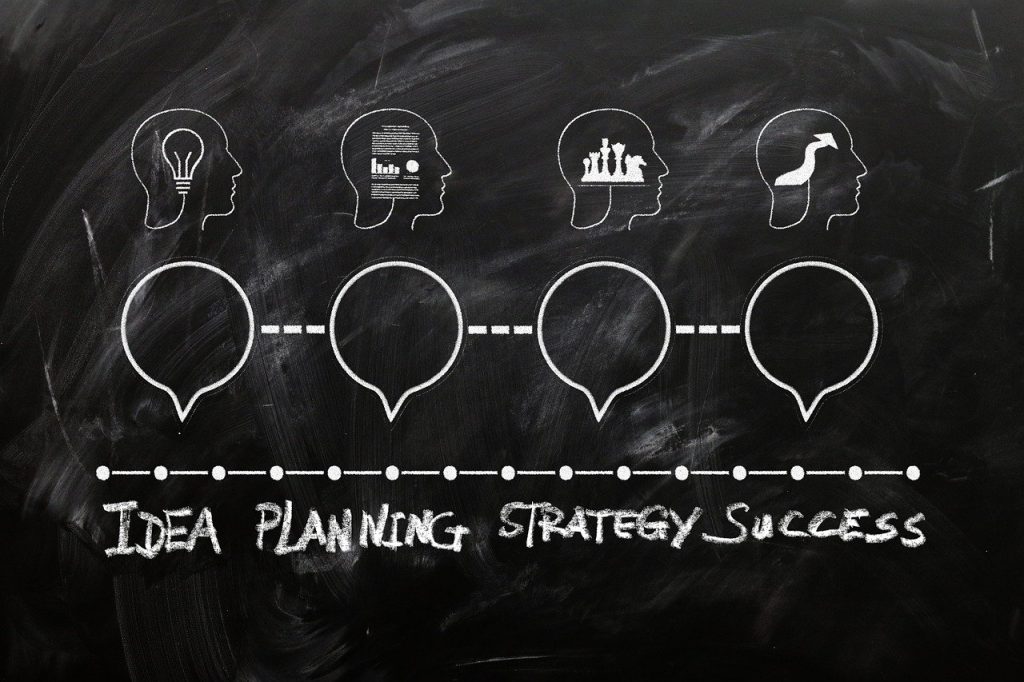Why Evaluation Matters
In the nonprofit world, the pressure to demonstrate impact and accountability is higher than ever. Evaluation planning is a powerful tool for nonprofits to assess their effectiveness, optimize resource allocation, and build trust with funders and stakeholders. Whether your nonprofit focuses on education, health, environmental conservation, or social justice, a robust evaluation plan ensures you stay aligned with your mission and achieve measurable outcomes.
For Instance, Imagine a nonprofit organization launching a food pantry program to combat hunger in underserved communities. How can it measure its success and refine its approach?
Fortunately, Evaluation planning provides the framework to answer these critical questions.
Defining Evaluation and Its Importance
Evaluation is a systematic process that nonprofits use to collect, analyze, and interpret data to inform their strategies and improve program delivery. For example:
- A nonprofit providing after-school tutoring might evaluate whether their sessions improve students’ academic performance.
- An environmental nonprofit could assess the impact of a tree-planting initiative on local air quality.
By identifying strengths and areas for improvement, evaluation fosters transparency, promotes learning, and builds stronger relationships with funders and beneficiaries.
By doing so, organizations can identify strengths and areas for improvement. As a result, evaluation fosters transparency, promotes learning, and builds stronger relationships with funders and beneficiaries.
Understanding the Types of Evaluation
Nonprofits can use different types of evaluation to address various program stages:
- Formative Evaluation: Before launching a new program, nonprofits can use formative evaluation to identify community needs. For example, a literacy nonprofit might survey parents to understand barriers to reading at home.
- Process/Implementation Evaluation: This ensures programs are being implemented as intended. For instance, a nonprofit running a meal delivery program could monitor how often meals reach clients on time.
- Outcome/Effectiveness Evaluation: Measures results and impact. For instance, a nonprofit offering financial literacy workshops could evaluate whether participants improve their budgeting skills.
- Impact Evaluation: Focuses on long-term changes, such as assessing whether a workforce training program increases long-term job stability among participants.
The Value of Evaluation Plans
For nonprofits, evaluation planning is crucial to showcase impact and secure funding. Consider the food pantry example:
- Without an evaluation plan, tracking how many people are served might be challenging, or whether the pantry meets its mission of reducing food insecurity.
- With an evaluation plan, the nonprofit can demonstrate:
- 20% reduction in local food insecurity rates over a year.
- Improved access to nutritious meals for low-income families.
- Tangible data to attract new donors and strengthen grant applications.
Ultimately, Evaluation plans empower nonprofits to measure their success, tell compelling stories, and inspire support for their mission.
Building the Foundation: Components of an Evaluation Plan
Key elements of a nonprofit evaluation plan include:
- Goals and Objectives: Define clear goals, such as “Provide meals to 1,000 families by year-end.”
- Data Collection Methods: Use tools like surveys to measure client satisfaction and community impact.
- Analysis Strategies: Analyze trends, such as changes in food insecurity levels before and after program implementation.
- Timelines and Responsibilities: Assign staff to collect data monthly and review progress quarterly.
Do you still have questions about evaluation plans?
Contact REC! We can help your organization understand what type of evaluation plan is best for you!
Related Posts:
Data Collection in Practice: A Non-profit Case Study
How to Become a Data-Driven Organization
Program Evaluation Helps Non-profits
Sources
Conjointly. (n.d.). Introduction to evaluation. https://conjointly.com/kb/introduction-to-evaluation/
Shtivelband, A. (2017). 4 data collection methods – Pros and cons. Research Evaluation Consulting LLC. https://researchevaluationconsulting.com/4-data-collection-methods-pros-cons/
Shtivelband, A. (2019). 6 benefits of evaluation. Research Evaluation Consulting LLC. https://researchevaluationconsulting.com/6-benefits-of-evaluation/
Agency for Healthcare Research and Quality (AHRQ). (2023). Elements of an evaluation plan. https://www.ahrq.gov/talkingquality/assess/evaluation-plan.html
Shtivelband, A. (2019). Program evaluation helps nonprofits. Research Evaluation Consulting LLC. https://researchevaluationconsulting.com/6-benefits-of-evaluation/
W. K. Kellogg Foundation. (2004). Logic model development guide. https://wkkf.issuelab.org/resources/10124/10124.pdf

